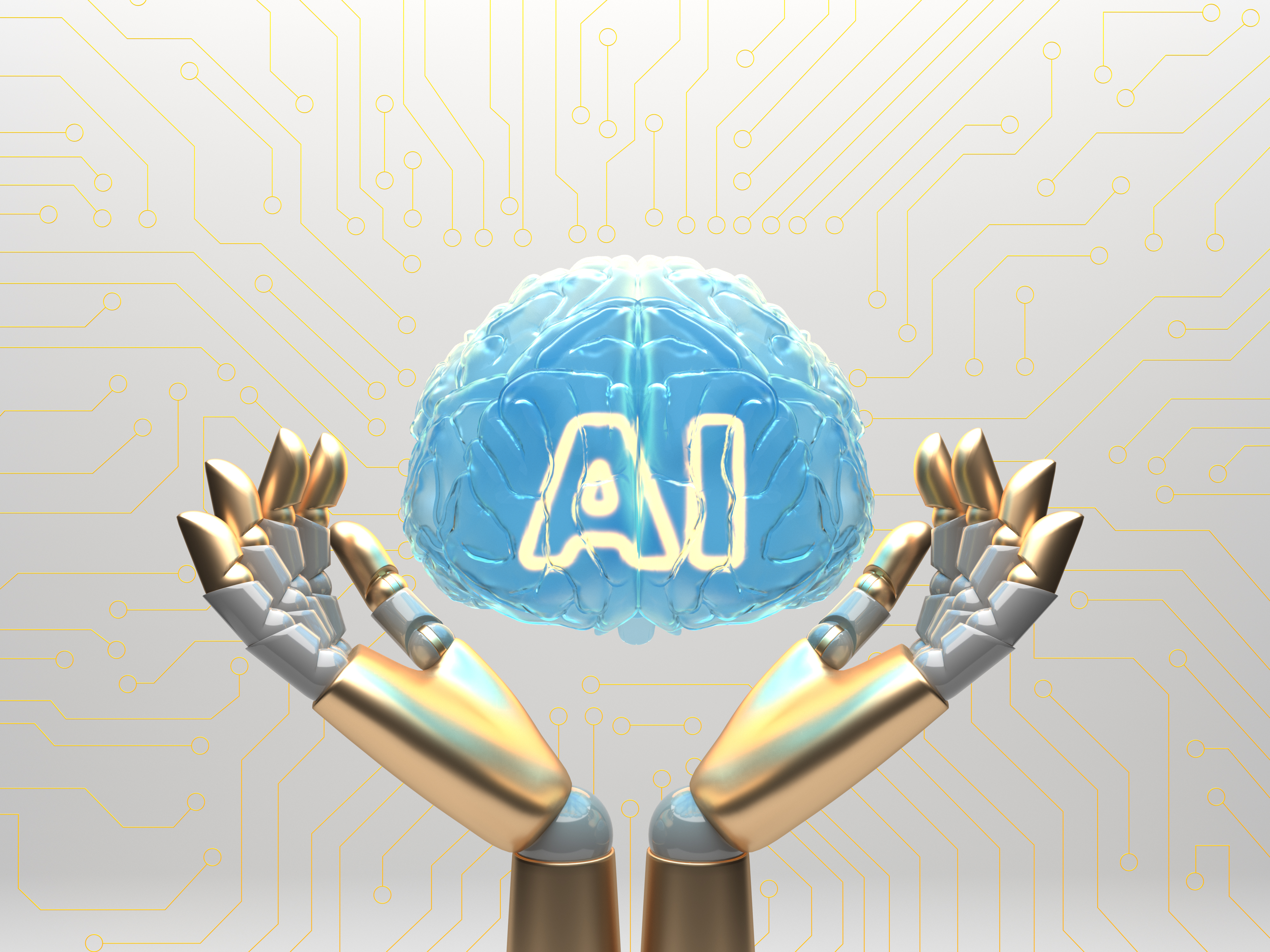AI Future
10 Video
duration: 0 Hour and 18 Minute
Trump, China, and the AI Summit: A Global Power Struggle
00:02:27
Video prices: IQD 240/day
The AI Summit in Paris has drawn world leaders, tech executives, and researchers to shape the future of artificial intelligence. While many seek global cooperation, the event highlights deep geopolitical divides, particularly between the US and China. President Donald Trump’s administration is pushing an AI strategy focused on American dominance, prioritizing energy-intensive development while slashing regulations. His withdrawal from the Paris climate agreement and rollback of AI guardrails signal a resistance to global governance. With Trump’s AI policy emphasizing deregulation and ideological neutrality, the US may resist broad agreements on ethical or environmental AI concerns. China, meanwhile, is asserting its influence, with President Xi Jinping sending Vice Premier Zhang Guoqing as his special representative. This marks a significant upgrade from China’s previous AI summit participation and reflects Beijing’s ambition to play a leading role in AI governance. The release of DeepSeek, a powerful and cost-efficient Chinese chatbot, has intensified competition, challenging American tech giants like OpenAI. Allegations of data theft and subsequent US-led investigations have further escalated tensions. France is positioning itself as a third force in AI development, aligning with Europe’s regulatory approach and promoting open-source models. DeepSeek’s emergence bolsters this vision, proving that AI breakthroughs can be achieved without massive computing power. Macron hopes to counterbalance US and Chinese dominance, advocating for a more inclusive AI strategy. The European Union’s AI regulation is another friction point. Trump has openly criticized Brussels’ strict oversight of American tech companies, viewing it as an economic attack. With Meta rejecting the EU’s latest AI guidelines, the transatlantic divide on AI governance continues to widen.



